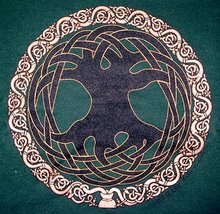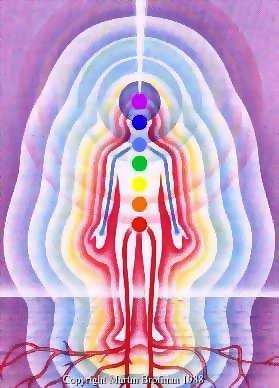Is not about things we lost in the fire. But that's okay, because it's AN AMAZING MOVIE.
I always wonder where movie titles come from, and feel a certain pleased satisfaction, often accompanied by a genuine smile, upon gleaning the point of a movie's title. This occurred for me at the end of The Departed, which is always an interesting way to punctuate a movie. it happened at the mid point of Shallow Grave, and usually happens at the beginning of a film, which isn't so original, like. Do you know why Glen Gary Glen Ross is thus named? It's a clever trend for a character to speak the name of the title in a line of dialouge. I like that sometimes, if it's not contrived or obvious. Then there are movies like Pulp Fiction. Non-sequitor names.
I can talk a lot about names of movies, but this post is about the incredible masterpiece of moviemaking, Things We Lost in the Fire, written by Allan Loeb, directed by Susanne Bier, and thoughtfully, tenderly shot by Tom Stern.
The reason I saw this movie is because I was forced to consider all the award contenders for the season. This is not a good reason to see a movie. However, the effect of such a compulsion is that I had zero expectations, and therefore, saw the movie with an open mind!
What I liked about it was:
--The way the camera held pensively, quietly upon an image, often in close-up to extreme close-up, sometimes off centered, skewed.
--The subtle montages worked into the movie's narrative
--Benicio Del Toro's facial expressions and the way he changed his energy and persona so drastically and believably between addict and clean. His performance was mesmerizing, touching, TOP NOTCH stuff!
--Halle Berry's portrayal of a shocked, freaked out, grieving widow in search of her self.
--The perfect writing by Allan Loab
--The expert direction by Susanne Bier
--The subtle, nuanced score.
--Precision editing.
This movie felt like a complete story of transformation and redemption.
Making sense out of a tragedy.
Taking chances to make life better.
Accepting the good...
The end has stuck with me. The decision to end that way, with the repetition of the words delivered by Del Toro was master craft. Was that in the script? Did the director decide that? Was that a Del Toro moment? Or a combination thereof?
Ah, the magic of movies!
I need to see it again. Then I can post a more reasoned review with examples.
Wednesday, October 31, 2007
Things We Lost in the Fire
Posted by
a Lost Coast Media Endeavor
at
10/31/2007 02:13:00 PM
![]()
Consciousness Allan Loab, Benicio Del Toro, Halle Berry, Things We Lost in the Fire
Subscribe to:
Post Comments (Atom)

































No comments:
Post a Comment